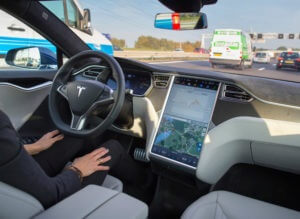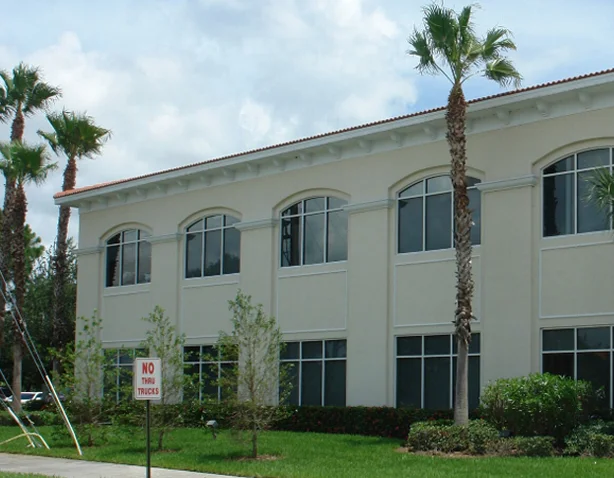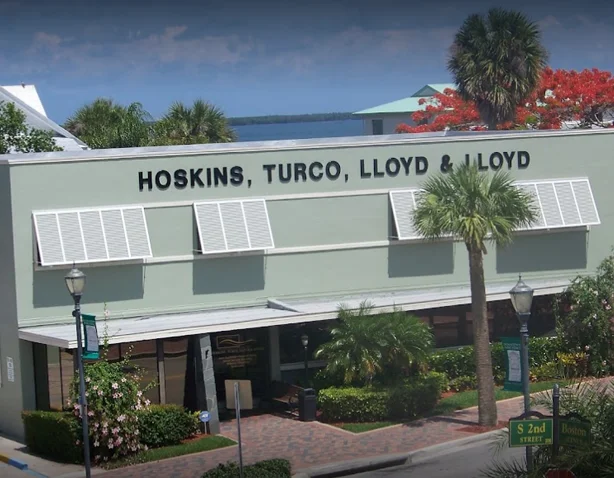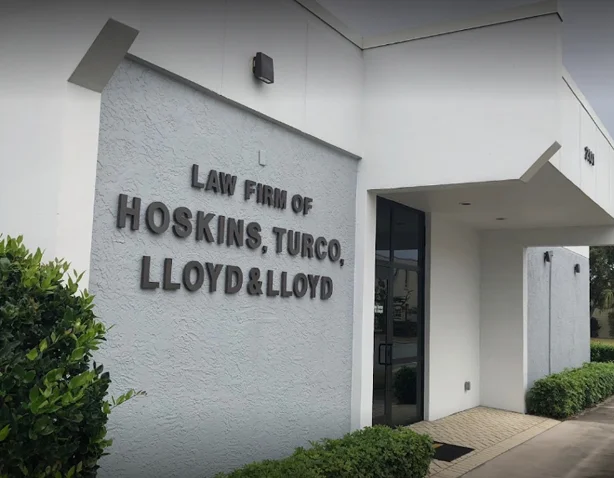Car insurance rates are at an all-time high. Find out how to get cheaper car insurance in Florida without compromising
Car Accident Posted on Aug 12, 2016
Breakthroughs in self-driving car technology are surpassing insurers’ abilities to factor the systems into auto premiums.

A recent fatality involving a Tesla Model S electric sedan using the company’s Autopilot system has focused attention on the risks of innovative “autonomous driving” technology. For now, the insurance claims process for cars using the systems generally works the same way as for cars without them, said Robert Hartwig, president of the Insurance Information Institute, an industry group.
That is, when an investigation of the accident is completed, the insurer of the driver at fault pays for injuries and damage to the others, up to the limits of the policy. In the event of autonomous vehicles, where there is a question about whether the driver or the software is a fault, in practice, the insurer would typically pay the claim and then have the right to “subrogate,” or file a claim against someone else, such as the manufacturer or another insurer.
However, Khobi Brooklyn, a Tesla spokeswoman, recently released a statement that the company’s Autopilot system “does not turn a Tesla into an autonomous vehicle and does not allow the driver to abdicate responsibility.”
Tesla markets its vehicles to the general public, and drivers must carry state-mandated minimum liability insurance, which pays for damage to other people, cars and property. In Florida, the minimum coverage is $10,000 personal injury protection (PIP) and $10,000 property damage liability (PDL). There are proportionally few cars with self-driving features currently on the road, so the issue is a new one. Fewer than a dozen states, including Florida, have enacted regulations specifically addressing self-driving cars, according to the National Conferences of State Legislatures.
It is too soon to say how self-driving systems will affect insurance rates. The technology is so new that there is not a lot of data to determine whether it significantly affects the frequency or severity of accidents. Insurers, as they have done with other advances, such as rearview cameras and rollover prevention systems, gather information over time and adjust rates to reflect the impact of the changes.
Yet the very nature of self-driving technology may make it challenging to apply data from the cars to insurance premiums. This is because the computer software that powers the system is continuously updated. So while insurers generally track trends with a certain make and model of car, the safety performance of an individual self-driving car may actually change over time, as software updates correct problems.
In the future, during the claims process insurers may seek data from more sophisticated versions of black-box recorders to shed light on the cause of an accident. The insurance industry must study whether accidents with autonomous cars lead to more product liability claims, in which drivers blame carmakers or suppliers for accidents, rather than their own driving behavior. Liability laws must evolve to ensure autonomous vehicle technology advances are not brought to a halt.
Whether you’ve been injured in an auto or trucking accident, motorcycle accident, slip or fall, dog bite, or if your loved one has been the victim of a wrongful death accident, you deserve to have a powerful and proven Florida Personal Injury Lawyer defending your rights. Before you speak with an insurance company, contact me for a free consultation. I will make sure that you are not bullied or rushed into making a decision, and you will not owe anything unless I win your case. Don’t delay in contacting me today at any of my four offices in Fort Pierce, Port St. Lucie, Vero Beach, and Okeechobee. Call 866-460-1990.
Car insurance rates are at an all-time high. Find out how to get cheaper car insurance in Florida without compromising
If you let friends or family members borrow your car, you may want to take a few minutes and read
Why Tesla accidents are happening at a higher rate than any other vehicle in the United States. Tesla has received

Phone: (772) 344-7770
Fax: (772) 344-3838

Phone: (772) 464-4600
Fax: (772) 465-4747

Phone: (772) 577-7551
Fax: (772) 794-7773

Phone: (863) 357-5800
Fax: (863) 763-2237
Get the answers you need. We’ll review your case today, for free.
"*" indicates required fields